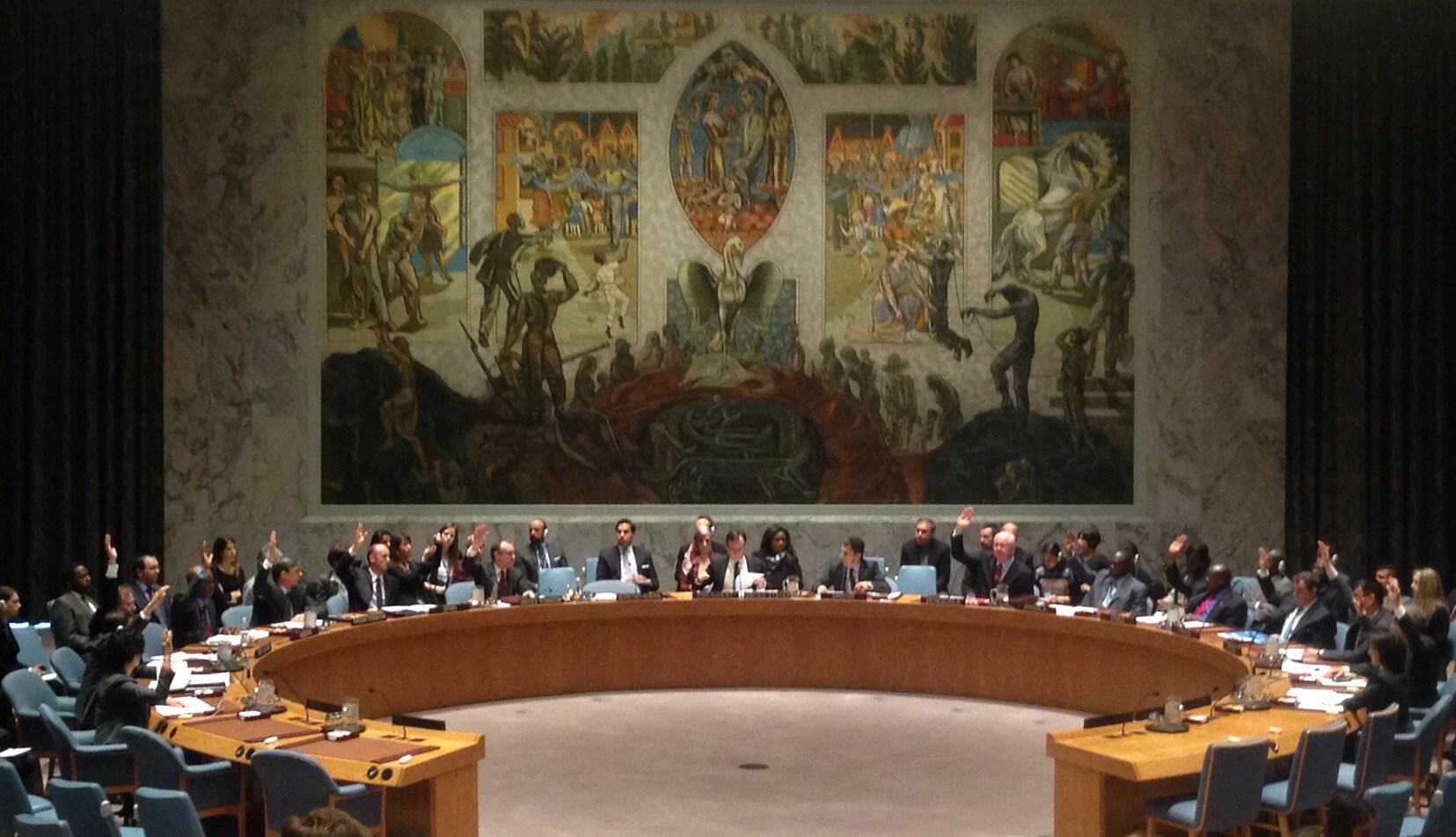Peace, Security, Stability and Governance

The existence of peace, security, stability and good governance is a prerequisite to achieve sustainable economic development. Nevertheless, low-income States, with weak and fragile governance combined with ethnic disputes have been, and still persist to be existent in Africa. Challenges and threats to peace, security, stability and governance are therefore a multifaceted reality. By contrast, regional integration and cooperation has historically been beneficial to the reduction of armed and non-armed conflicts and the maintenance of regional stability in many regions across the world. Member States of the African Union are, through various international arrangements, obliged to promote good governance and democratization processes in their respective countries. The Charter devoted to these issues is the African Charter on Democracy, Elections and Governance, established in 2007.[1] The African Union Commission coordinates the evaluation on implementation of the specific Charter with other key organs of the African Union: including the Pan-African Parliament; the Peace and Security Council; the African Human Rights Commission; the African Court of Justice and Human Rights; the Economic, Social and Cultural Council; and other appropriate national-level structures, as well as through respective regional economic communities.
A core objective in the workings of pan-African organizations, including the African Union, ECA, the African Development Bank, and the regional economic communities, is the promotion of peace, security, stability and good governance as well as the peaceful settlement of disputes among member States.[2] The Peace and Security Council is a practical example of a decision-making organ for the prevention, management and resolution of conflicts on the continent. The Peace and Security Council has, in cooperation with the regional economic communities, a collective security and early-warning arrangement to facilitate timely and efficient responses to conflicts and crises in Africa. It is also supported by a Panel of the Wise, a Continental Early Warning System, an African Standby Force and a Special Fund. The specific function of the Council includes: the promotion of peace, security and stability in Africa; early warning and preventive diplomacy; peacemaking, including the use of good offices, mediation, conciliation and enquiry; peace support operations and interventions; peacebuilding and post-conflict reconstruction; and humanitarian action and disaster management. It is, however, the regional mechanisms that are part of the overall security architecture of the African Union – these include mechanisms in regional economic communities – and have the primary responsibility for promoting peace, security and stability in Africa. Thus, regional economic communities have begun to establish formal institutional frameworks and to develop peacekeeping mechanisms in their respective communities.[3]
[1] African Union, African Charter on Democracy, Elections and Governance (2007). Available from http://www.au.int/en/sites/default/files/treaties/7790-file-african_char...
[2] African Union, Protocol Relating to the Establishment of the Peace and Security Council of the African Union (2002). Available from http://www.au.int/en/treaties/protocol-relating-establishment-peace-and-...
[3] African Union Peace and Security, Homepage. Available from http://www.peaceau.org/en/page/38-peace-and-security-council